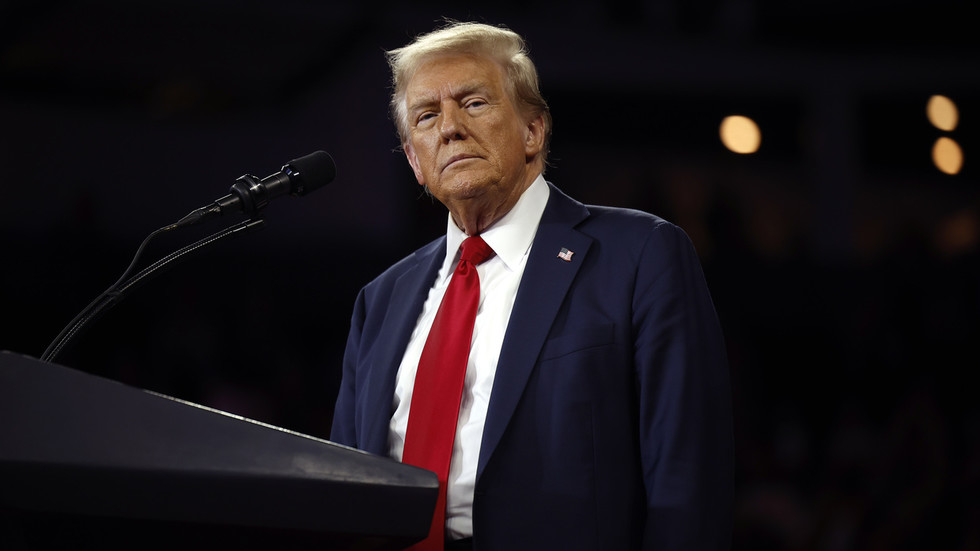Manuel Tamayo-Torres, a resident of Arizona, has been arrested by US federal authorities for allegedly making threats against President-elect Donald Trump and his family through a series of disturbing videos posted on Facebook. According to ABC News, these videos were shared nearly every day and included a particularly alarming one from November 13, where Tamayo-Torres brandished an AR-15-style rifle while making menacing statements targeting an individual referred to as “Individual 1” in court documents. While the identity of this individual remains redacted, multiple sources have indicated that it pertains to Trump. In a subsequent video released on November 21, Tamayo-Torres escalated his threats, declaring that Trump and his family would die, expressing his intentions in graphic language.
The context of these threats stems from a troubling narrative that Tamayo-Torres wove in his videos, claiming that “Individual 1” was involved in the kidnapping and trafficking of his children. This narrative raises significant questions, especially given the lack of evidence supporting his claims regarding children. Moreover, investigators noted that Tamayo-Torres’s rhetoric was often both vague and direct, leading to serious concerns about the danger he posed. It remains ambiguous whether he actually has children, and the nature of his claims against Trump is being scrutinized.
Among other videos posted online, there was one in which he purportedly recorded at a Trump rally in Glendale, Arizona, on August 23. In this clip, Tamayo-Torres alleges he witnessed Trump and his Secret Service agents in the act of kidnapping his daughter. This assertion, like much of his other commentary, was largely regarded as delusional or unfounded. His ongoing narrative seemed to blend elements of personal grievances with conspiratorial delusions that placed him in a context of victimization and hostility toward Trump and the individuals around him.
In addition to the threatening statements against Trump, Tamayo-Torres faces additional legal challenges, including multiple counts related to making false statements while attempting to purchase firearms. It has been reported that he misrepresented his criminal history on federal forms, falsely claiming he had no felony convictions. In reality, he had a prior conviction for assault in 2003, which legally disqualifies him from owning firearms. This aspect of his case highlights a broader issue regarding gun ownership and background checks, particularly within contexts involving mental instability or violent rhetoric.
The concerns surrounding threats against Trump are not isolated incidents. For instance, a previous assassination attempt occurred during a campaign rally in Pennsylvania, where a bullet grazed Trump’s ear, an incident that underscored the perpetual danger facing public figures in the current political climate. Another alarming case involved Ryan Routh, who was arrested for attempting to ambush Trump at a Florida golf course, further demonstrating that threats to the former president’s safety are an ongoing and serious problem.
The arrest of Tamayo-Torres not only reaffirms the potential for violent rhetoric to escalate into real-life threats but also serves as a reminder of the societal responsibility to address and intervene in situations where individuals exhibit behavior indicative of severe distress or threats to public figures. As investigations continue into Tamayo-Torres’s claims and motivations, the nation is left to grapple with the ramifications of threats against high-profile individuals and the implications for both personal responsibility and public safety. The complexities surrounding this case remind us of the need for ongoing vigilance and proactive measures to prevent violence driven by extremist ideologies or personal crises.

